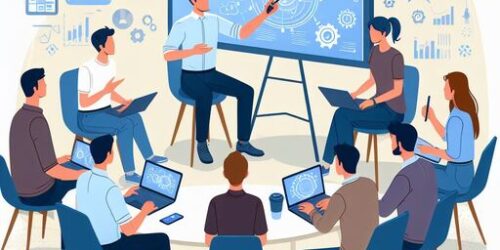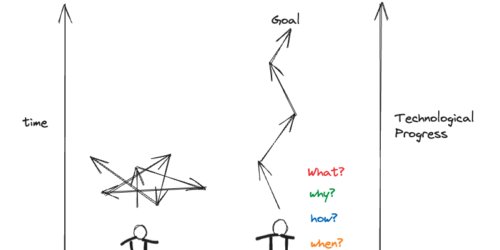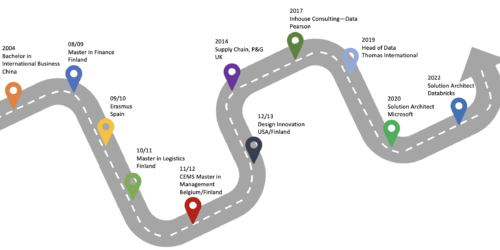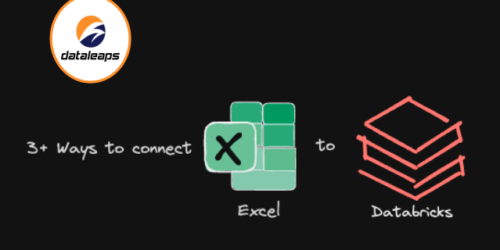How I got over my imposter syndrome
I didn’t study STEM.
I didn’t know what Kafka was, apart from a Murakami book.
I didn’t have any Azure experience when I interviewed at Microsoft.
Needless to say, I was tripping major imposter syndrome in the early years of my data career.
😔 When I pivoted from supply chain to data consulting: why would anyone listen to me? I am just someone who learnt how to code in their spare time.
😔 When I moved to the Head of Data role: am I qualitied to run an entire data function? I have not done this before.
😔 When I joined Microsoft: everyone around me knows everything about everything and I know nothing.
Here’s how I got over my imposter syndrome:
Credit to Microsoft, they gave everyone three months to learn, no customer work, just learning. I spent the three months testing out every Azure data service and I realized it’s impossible to learn everything, it’s too much. I picked two technologies I really liked, and went really deep:
📖 Read all the product release notes in history.
📖 Went through all the internal training materials I could find.
📖 Did spikes on every edge case I could think of.
📖 Found the best specialist on the subject and picked their brain.
📖 Spoke to engineers and PMs who made those features and asked a lot of why and how questions.
I worked every night and every weekend for six months, because my imposter syndrome told me I needed to catch up to everyone else around me.
On a random morning on month seven, my imposter syndrome was cured. Someone who I deemed “knows everything about everything”, who interviewed me, who I have tremendous technical respect, pinged me and asked me a question on the technology I specialized in. At that moment, I realized it’s impossible to know it all, and I was regarded as a domain expert by best people I could think of.
Now at Databricks, I am still surrounded by the smartest people. My brain is still fried when I speak to the geospatial expert or the UC expert. But I don’t suffer from imposter syndrome anymore (nor will I ever again), because I know I bring something to the table too. Here is what I learnt:
💡 It’s impossible to know everything about everything, tech is too vast and moving too fast.
💡Pick something you love and be really really really good at it.
💡Don’t be afraid to be the dumber person in the conversation, you will be learning.
💡Don’t be bored when you are the expert in the conversation, you will be sharing, teaching, advocating, validating your understanding and paying it forward.
💡 It’s about fluid intelligence and work ethics, you are gonna be fine if you have both.
Discover more from Data Leaps
Subscribe to get the latest posts sent to your email.






